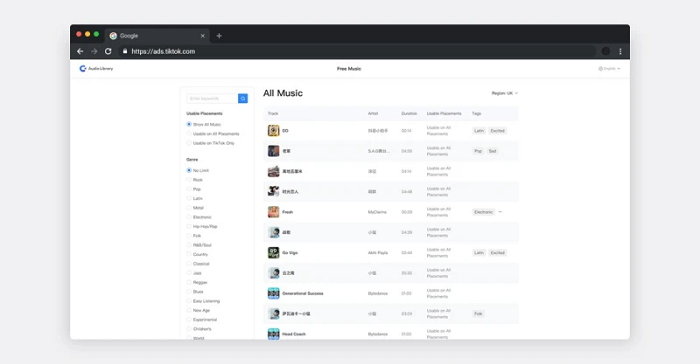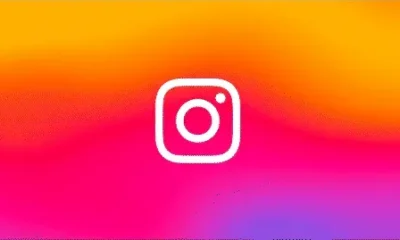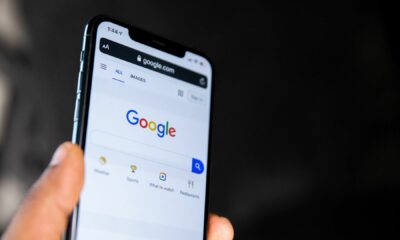SOCIAL
Music Labels are Ramping Up Enforcement of Unlicensed Music in Brand Social Media Posts

An important reminder: Brands cannot use commercial music tracks, without explicit, specific permission for such, in their social media posts, even if those tracks are available as options within the post creation tools.
This comes amid a rising amount of copyright infringement cases being filed against brands for using unlicensed music in their promotions, as they lean into trends, particularly in short-form video, which rely on music cues and elements.
Which could land you in very hot water if you’re not careful.
As reported by Bloomberg Law:
“Energy drink maker Bang achieved enormous marketing success through its aggressive and flashy social media strategy that used popular influencers to advertise its drinks on TikTok and Instagram Reels. But the company didn’t obtain a license to use the music in more than 100 of its videos, and it was hit with copyright lawsuits from all three of the major US record labels. A federal judge this year ruled in favor of the labels in two of those cases.”
That’s just one example – Bloomberg also notes that Warner Music recently sued UK-based makeup company Iconic London for copyright infringement in their TikTok and Instagram posts as well.
The increasing enforcement of copyright for social media usage flags a new focus for the major labels. In recent years, big recording companies have employed entire teams to scour the online landscape for unlicensed usage of their clients’ work.
That’s been most present on YouTube, where labels had up till recently been able to claim revenue on any video that used their licensed music, providing an additional revenue stream within itself. YouTube has since changed its process, and now gives creators the opportunity to remove violative segments of their uploads, as opposed to simply reverting ad revenue to the labels. But the increased emphasis on music copyright infringement has made this a higher priority for rights-holding organizations.
And TikTok is now their key focus.
The short-form video platform has become a key avenue for music promotion, with popular tracks playing a big part in many viral trends, and even sparking entire careers off the back of TikTok momentum.
Which has then led to TikTok providing more, easier ways to add tracks into your clips. But for marketers, you need to know the rules around such, in order to avoid falling foul of the law, and costing yourself big time in the process (note: the aforementioned Bang energy drinks has now filed for bankruptcy).
So what are the rules?
As per TikTok:
“If a business account chooses to use sounds beyond what is available in the Commercial Music Library for their promotional content, they need to obtain the appropriate commercial license and ingest the sound on to TikTok for their use.”
Also important:
- Business Accounts cannot duet, react, or stitch with user videos that use sounds from the general music library
So you can use music in your promotions, so long as it comes from TikTok’s Commercial Music Library of licensed audio tracks.
You can’t use the well-known pop songs or the tracks available to regular users in your brand promotions, unless you have explicit, direct permission for that exact usage.
In reading the specifics of the Bang energy drinks case, it seems that Bang was using a personal profile in the app for its business, not a business account, which meant that all of the pop songs available to regular users as music options were also available in is composition flow. That led Bang to believe that it was allowed to use them in its clips.
Which it was not, and the judge ruled that the company was liable for copyright infringement.
In other words, you can’t argue that you misunderstood the regulations, or that the platform enabled you to use the tracks – it’s on you to understand the licensing and permission requirements for using commercial tracks.
Essentially, if you’re using the latest song by Drake as your soundtrack, Drake’s team would at least require the opportunity to approve such usage. They might not want his music associated with your brand, and as a business owner, you can understand how such associations can be important from a branding perspective.
Keep that in mind, and ensure you read the regulations, and you can avoid falling foul of the law in this respect.



















You must be logged in to post a comment Login